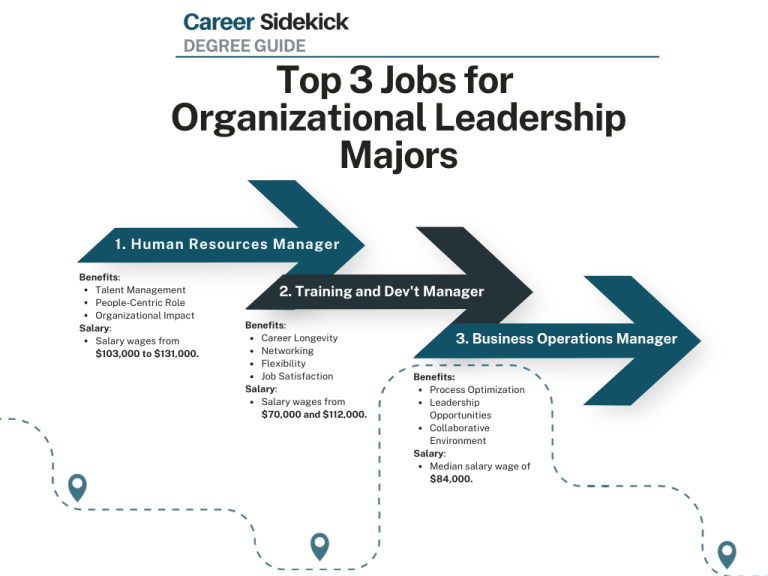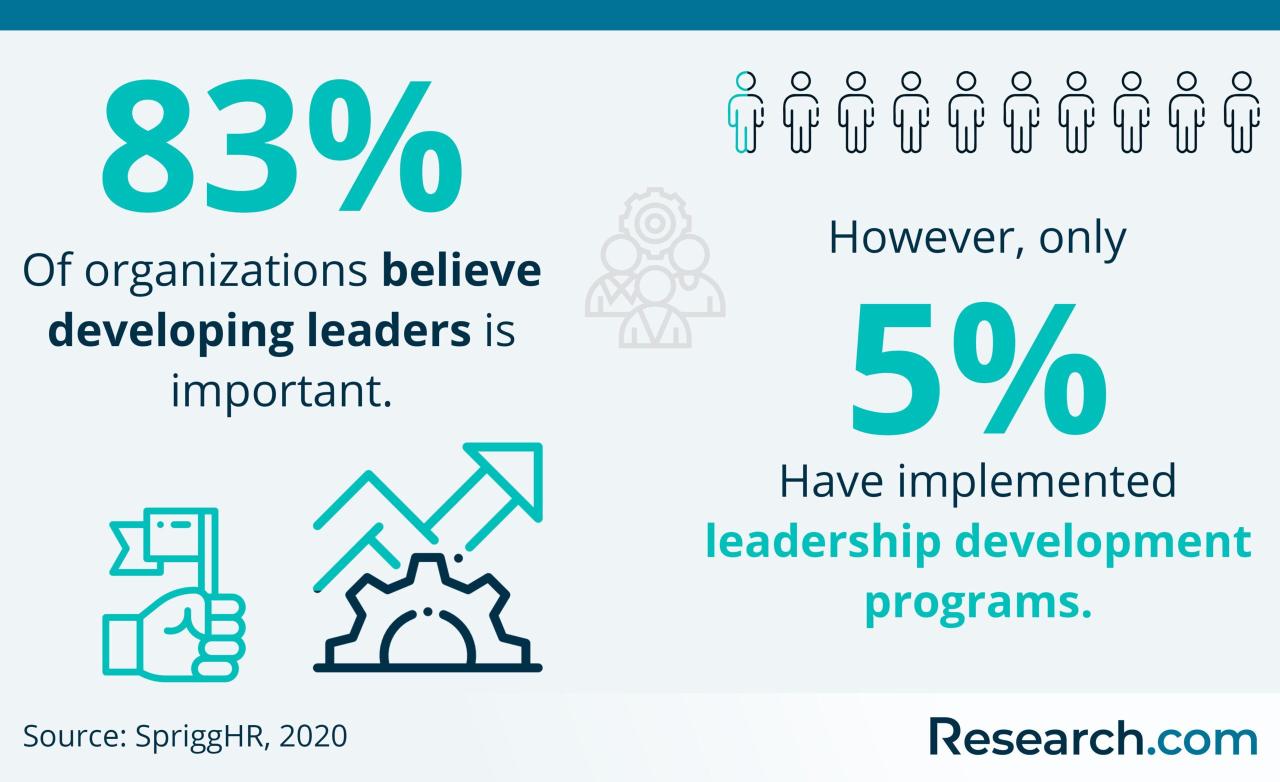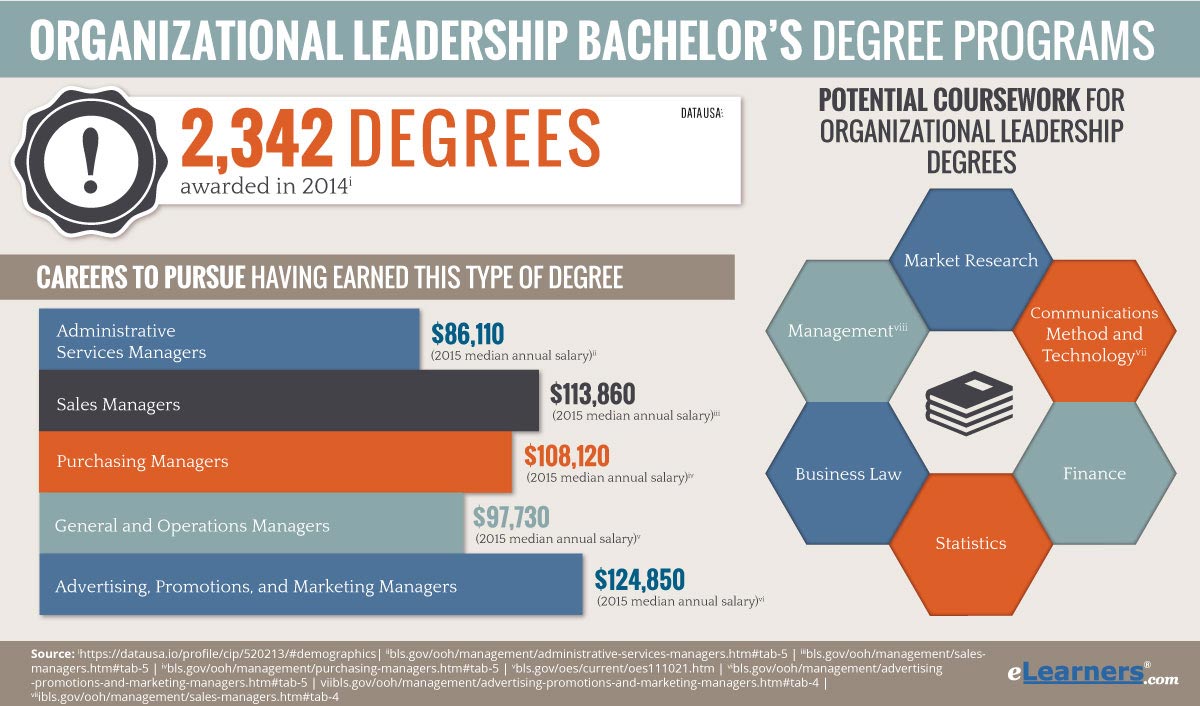Is an organizational leadership degree worth it? If you’re considering a career in leadership, you may be wondering if the investment in a degree is worth the cost. This article will explore the benefits, skills, and career paths associated with an organizational leadership degree to help you make an informed decision.
An organizational leadership degree can provide you with the skills and knowledge you need to succeed in a variety of leadership roles. These programs typically cover topics such as organizational theory, leadership styles, human resource management, and strategic planning. With an organizational leadership degree, you’ll be prepared to lead teams, motivate employees, and make sound decisions that drive organizational success.
Benefits of an Organizational Leadership Degree

An organizational leadership degree provides a solid foundation for career advancement in various industries and roles. It equips individuals with the knowledge, skills, and abilities to effectively lead and manage organizations, driving success and achieving organizational goals.
Career Advancement Opportunities
- Senior Management Positions:Organizational leadership graduates can advance to senior management roles, such as CEO, COO, or Vice President, responsible for overall organizational strategy and operations.
- Department Head:Graduates can lead specific departments within organizations, such as HR, finance, or operations, overseeing the department’s functions and ensuring alignment with organizational objectives.
- Project Management:Organizational leadership skills are highly valued in project management, where individuals lead and coordinate complex projects, ensuring timely and successful completion.
li> Consulting:Graduates can become consultants, providing expert advice and guidance to organizations on leadership, management, and organizational development.
Industries Where an Organizational Leadership Degree is Valued
- Business and Finance:Organizations in all industries require effective leadership to navigate complex markets and achieve profitability.
- Healthcare:Healthcare organizations benefit from leaders who can manage patient care, improve operational efficiency, and drive innovation.
- Education:Educational institutions rely on leaders who can inspire students, manage staff, and ensure educational quality.
- Government:Government agencies need leaders who can implement policies, manage budgets, and serve the public.
- Nonprofit:Nonprofit organizations require leaders who can drive social change, manage resources, and inspire staff.
Financial Benefits
Graduates with an organizational leadership degree often experience increased earning potential compared to those with only a bachelor’s degree. According to the U.S. Bureau of Labor Statistics, the median annual salary for management occupations is $100,980, with the top 10% earning over $167,310.
Skills and Knowledge Gained from an Organizational Leadership Degree

An organizational leadership degree program provides students with a comprehensive understanding of the principles and practices of leadership within organizations. Through coursework and experiential learning opportunities, students develop the core competencies and skills essential for effective leadership in today’s complex and dynamic business environment.These programs cover a wide range of theoretical frameworks and concepts, including organizational theory, leadership styles, change management, strategic planning, and human resource management.
If you’re wondering if an organizational leadership degree is worth it, consider the master’s in educational leadership and administration. This degree prepares you for leadership roles in educational settings, where you can make a meaningful impact on students’ lives.
Whether you’re looking to advance your career or gain the skills to lead effectively, an organizational leadership degree can provide the knowledge and experience you need to succeed.
Students gain a deep understanding of the factors that influence organizational behavior and the challenges faced by leaders in different industries and contexts.
Core Competencies and Skills
- Strategic Thinking and Planning:Graduates develop the ability to analyze organizational environments, identify opportunities and challenges, and formulate and implement strategic plans that align with organizational goals.
- Leadership and Influence:Students learn effective leadership styles, communication techniques, and methods for motivating and inspiring teams. They develop the ability to build strong relationships, create a positive work environment, and influence others to achieve desired outcomes.
- Problem Solving and Decision Making:Graduates gain skills in identifying and analyzing problems, evaluating alternative solutions, and making sound decisions that benefit the organization. They learn to approach challenges with a systematic and data-driven approach.
- Change Management:Students develop the ability to lead and manage organizational change effectively. They learn how to assess the need for change, plan and implement change initiatives, and overcome resistance to change.
- Communication and Interpersonal Skills:Graduates acquire strong communication skills, both verbal and written, as well as the ability to build and maintain effective relationships with colleagues, clients, and stakeholders.
Theoretical Frameworks and Concepts
- Organizational Theory:Students study different theories and models of organizational structure, culture, and behavior. They learn how these theories can be applied to understand and improve organizational effectiveness.
- Leadership Styles:Graduates gain knowledge of various leadership styles, including transformational, transactional, situational, and servant leadership. They develop the ability to adapt their leadership style to different situations and organizational contexts.
- Change Management:Students learn about different models and theories of change management, including Lewin’s three-step model, Kotter’s eight-step process, and the ADKAR model. They gain skills in planning, implementing, and evaluating change initiatives.
- Strategic Planning:Graduates develop an understanding of strategic planning processes, including environmental scanning, SWOT analysis, and the development of strategic objectives and action plans.
- Human Resource Management:Students learn about the principles and practices of human resource management, including recruitment, selection, performance management, and employee development. They gain knowledge of labor laws and regulations and the importance of creating a positive and productive work environment.
Application in Real-World Settings
The skills and knowledge gained from an organizational leadership degree can be applied in a variety of real-world settings, including:
- Leading and Managing Teams:Graduates can use their leadership skills to motivate and inspire teams, create a positive work environment, and achieve organizational goals.
- Strategic Planning and Decision Making:They can apply their strategic thinking and planning skills to analyze organizational environments, identify opportunities and challenges, and make sound decisions that benefit the organization.
- Change Management:Graduates can lead and manage organizational change effectively, ensuring a smooth transition and minimizing resistance to change.
- Human Resource Management:They can use their knowledge of human resource management to recruit, select, develop, and retain talented employees, creating a high-performing workforce.
- Consulting and Advisory Roles:Graduates can use their expertise in organizational leadership to provide consulting and advisory services to organizations seeking to improve their leadership practices and organizational effectiveness.
Types of Organizational Leadership Degree Programs

There are various types of organizational leadership degree programs available, each designed to meet the unique needs of different learners. These programs can be categorized based on their delivery format, time commitment, and intensity. Understanding the different types and their advantages and disadvantages can help you make an informed decision about the program that best aligns with your career goals and lifestyle.
Online Organizational Leadership Degree Programs
Online organizational leadership degree programs offer the flexibility and convenience of completing coursework remotely. Students can access course materials, participate in discussions, and submit assignments from anywhere with an internet connection. These programs are ideal for individuals who have busy schedules, live in remote areas, or prefer the flexibility of self-paced learning.
Advantages:
- Flexibility and convenience
- Accessible to individuals in remote areas
- Self-paced learning
Disadvantages:
- May lack the face-to-face interaction of traditional programs
- Requires strong self-discipline and time management skills
- Technical issues can sometimes arise
Part-Time Organizational Leadership Degree Programs, Organizational leadership degree worth it
Part-time organizational leadership degree programs allow students to balance their academic pursuits with other commitments, such as work or family responsibilities. Classes are typically held in the evenings or on weekends, and students can complete the program at a slower pace than full-time students.
Advantages:
- Flexibility to accommodate other commitments
- Allows for gradual career advancement
- More affordable than full-time programs
Disadvantages:
- Takes longer to complete
- May require more effort to stay engaged and motivated
- Fewer opportunities for networking and collaboration
Full-Time Organizational Leadership Degree Programs
Full-time organizational leadership degree programs are designed for students who can commit to a rigorous academic schedule. Classes are typically held during the day, and students complete the program in a shorter amount of time than part-time students. These programs offer a more immersive and structured learning experience.
Advantages:
- Intensive and immersive learning experience
- Faster completion time
- More opportunities for networking and collaboration
Disadvantages:
- Requires a significant time commitment
- May be more expensive than part-time programs
- Less flexibility for those with other commitments
Choosing the Right Type of Organizational Leadership Degree Program
The best type of organizational leadership degree program for you depends on your individual needs and career goals. Consider the following factors when making your decision:
- Flexibility and time commitment:Determine how much time and flexibility you have to dedicate to your studies.
- Career goals:Consider the level of leadership you aspire to and the industry you want to work in.
- Learning style:Choose a program that aligns with your preferred learning style, whether it’s online, face-to-face, or a combination of both.
- Financial resources:Consider the cost of the program and whether it fits within your budget.
Cost and Time Commitment of an Organizational Leadership Degree

Obtaining an organizational leadership degree involves financial and time investments. Understanding these commitments is crucial for informed decision-making.
If you’re seeking an advanced degree in organizational leadership, an Ed.S. in educational leadership can be a valuable option. This program equips you with specialized knowledge and skills to lead in educational settings, including schools and universities. Whether you aspire to become a principal, superintendent, or other leadership role, an Ed.S.
in ed.s educational leadership can enhance your career trajectory and make you a more effective leader in today’s complex educational landscape.
The total cost of an organizational leadership degree varies depending on factors such as the institution, program level, and location. On average, students can expect to pay between $20,000 and $60,000 for tuition and fees.
If you’re curious about the worth of an organizational leadership degree, consider exploring a dnp in educational leadership. This advanced degree can enhance your leadership skills and prepare you for senior-level positions in educational institutions. By pursuing a dnp in educational leadership, you can further your understanding of organizational theory, leadership styles, and educational policy, ultimately making you a more effective leader in your field.
Time Commitment
The time required to complete an organizational leadership degree program also varies. Full-time students typically finish their degrees within two years, while part-time students may take longer.
Managing Financial and Time Commitments
To manage the financial and time commitments effectively, consider the following tips:
- Explore financial aid options, such as scholarships, grants, and loans.
- Consider part-time enrollment to balance studies with work or personal responsibilities.
- Utilize university resources like career services and academic advising for support.
- Create a realistic study schedule and stick to it.
End of Discussion

Ultimately, the decision of whether or not to pursue an organizational leadership degree is a personal one. However, if you’re looking to advance your career in leadership, a degree can provide you with the skills, knowledge, and credibility you need to succeed.
Top FAQs: Organizational Leadership Degree Worth It
What are the benefits of an organizational leadership degree?
An organizational leadership degree can provide you with the skills and knowledge you need to succeed in a variety of leadership roles. These programs typically cover topics such as organizational theory, leadership styles, human resource management, and strategic planning.
What are the career paths for graduates with an organizational leadership degree?
Graduates with an organizational leadership degree can pursue a variety of career paths, including management, human resources, consulting, and training and development.
Is an organizational leadership degree worth the cost?
The cost of an organizational leadership degree can vary depending on the school you attend and the program you choose. However, the investment in a degree can pay off in the long run, as it can help you advance your career and earn a higher salary.